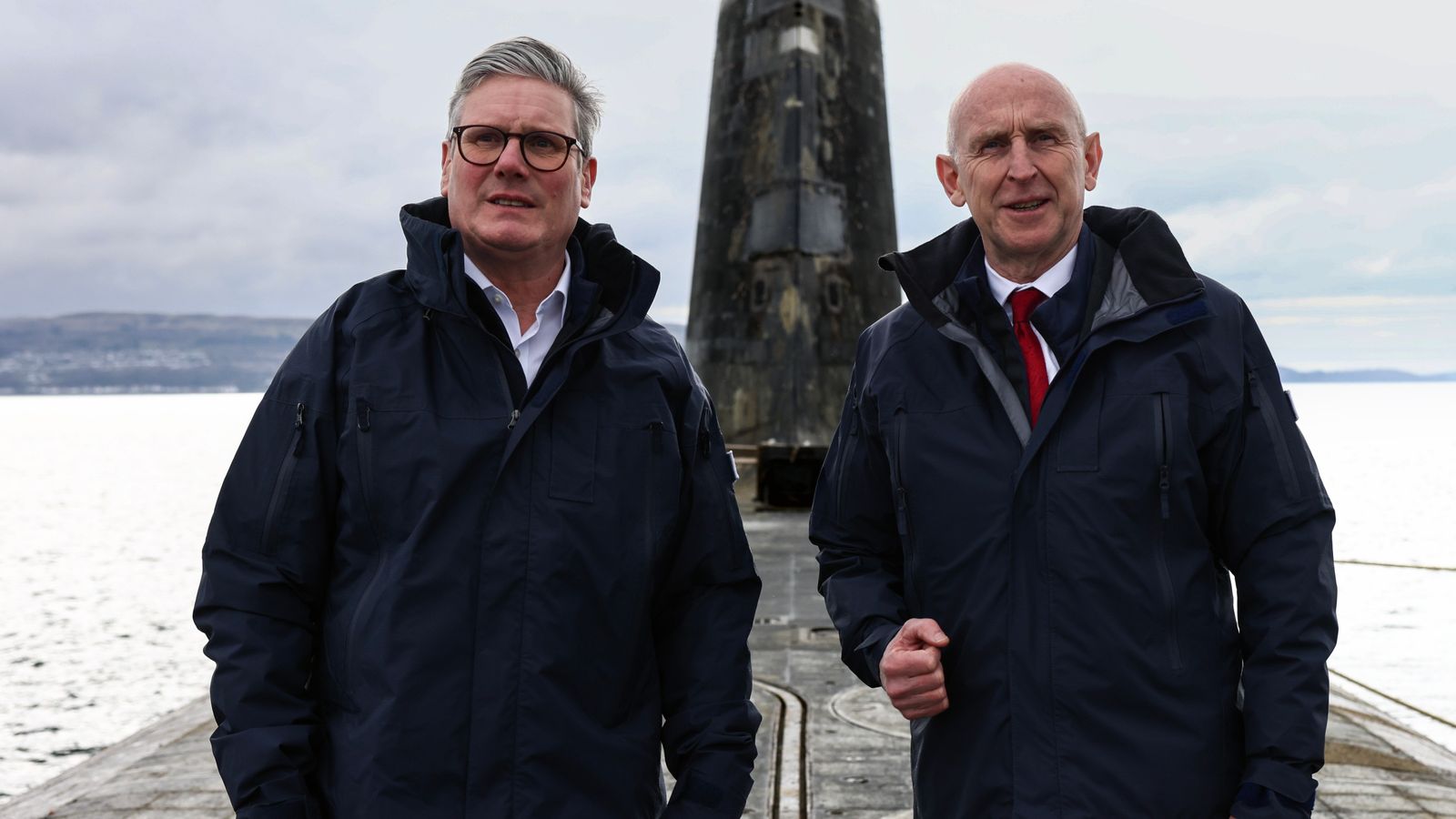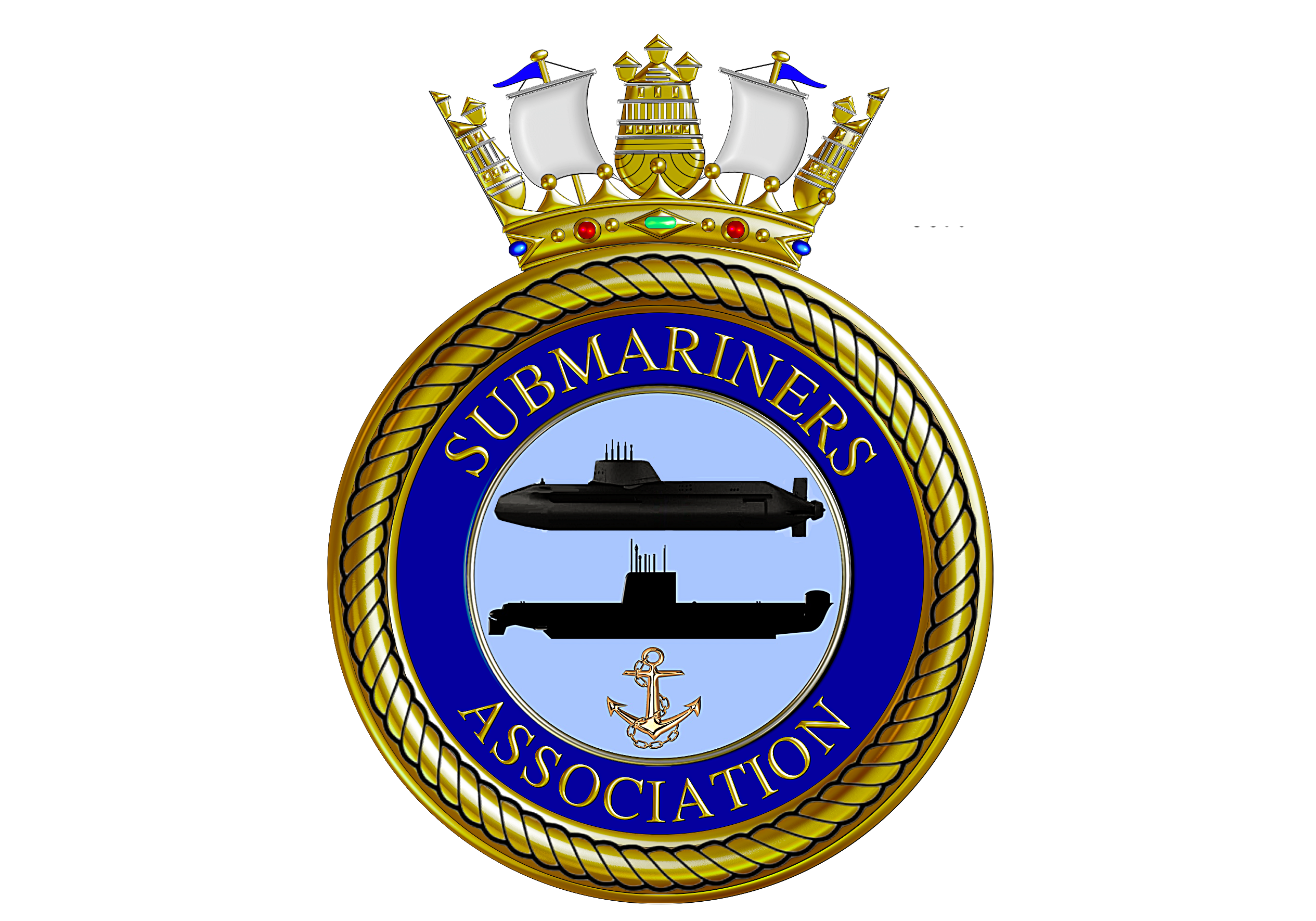In a significant show of support for the Silent Service, Prime Minister Sir Keir Starmer recently visited one of the Royal Navy’s nuclear deterrent submarines as it returned from patrol. His visit was a rare and meaningful gesture, acknowledging the immense dedication of the submariners who serve on these critical missions—often at great personal cost.
For the families of submariners, the return of a boat is an emotional and long-awaited moment. Long separations, with no communication for extended periods, are part of life for those with loved ones serving beneath the waves. During this patrol, several members of the crew became fathers while away, missing the births of their children—an all-too-common reality for those in the Submarine Service.
Sir Keir’s visit was the first time in over a decade that a sitting Prime Minister has attended a “Day Zero” event, marking the return of a deterrent submarine to port. Speaking to the crew, he expressed his gratitude for their service and the sacrifices they, and their families, make to maintain the UK’s Continuous At-Sea Deterrent (CASD). His words were a recognition of the unseen challenges faced by the entire submarine community—those serving at sea and those waiting at home.
The visit also highlighted the increasing pressures on the Submarine Service. As the current fleet requires more maintenance, the need for modernisation is growing. The UK’s next-generation deterrent submarines are already in production as part of the Dreadnought programme, which will ensure the continuation of CASD for decades to come. Sir Keir also attended a keel-laying ceremony for the new class of submarines, reinforcing the government’s commitment to supporting the Royal Navy’s undersea operations.
Further recognising the vital role played by the submarine industry, King Charles has awarded the Port of Barrow the honour of “Royal” status. Barrow has been at the heart of submarine construction for generations, providing not only the vessels but also employment and community identity for many submarine families.
For those with loved ones in the Submarine Service, this visit was a rare public acknowledgment of the vital role they play—both at sea and at home. The challenges of long deployments, missed milestones, and the resilience of the families who support their submariners were all silently present in the Prime Minister’s words. While much of the work of the Submarine Service remains unseen, moments like these ensure that the sacrifices made by submariners and their families are not forgotten.





